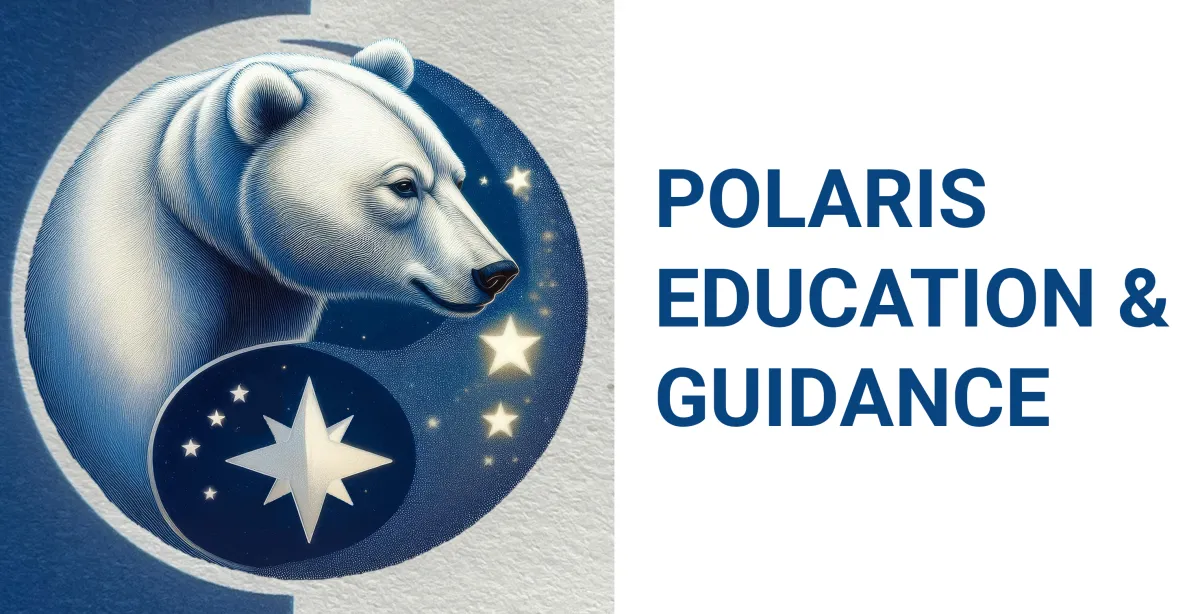Soul Warrior
I. EMOTIONAL REGULATION:
Emotional regulation is a primary key for self regulation and becoming a responsible man.
Lack of competence in emotional regulation is the primary force driving compensatory behaviors such as violence, substance abuse, and even dropping out of school.
Emotional regulation can be directly taught through body-based practices such as breathing, movement, posture and concentration.
II. MULTIPLE PERSPECTIVE TAKING:
The ability to adopt multiple perspectives is a fundamental step in personal growth, including empathy and (self) compassion.
There are four key elements in this development of the self: introspection, interior awareness, perspective taking, and the viewing of connective patterns.
This perspective-taking sequence can be taught and and strengthened though the use of techniques adapted from wilderness, drama, and narrative therapy disciplines.
For example, adolescent males can learn how to take multiple perspectives on their own "hero's journey" into manhood.
III. CULTURALLY RELEVANT & DEVELOPMENTALLY APPROPRIATE:
In order to attract, and more deeply engage the target participant population, the program uses developmentally appropriate and culturally relevant means.
These means include:
- The power of the "tribe" or peer group rituals and rights of initiation
- Focus on developmentally attractive issues of personal "power"
- Rrole playing adventure frames "gameification" elements included in the process
- Heroic and archetypical metaphors (such as the “hero’s journey” and the identity of being a “warrior”)
- The use of local and indigenous leaders
- Attention to multiple intelligences, communication, and learning styles;
- The use of evocative music and other mood inducing rituals to create a dramatic state experience as a powerful attractor for ongoing practice.
“For me the world is stupendous, awesome, mysterious, unfathomable; and my interest has been to convince you that you must assume responsibility for being here, in this marvelous world, in this marvelous time.”
Don Juan “Journey to Ixtlan"

